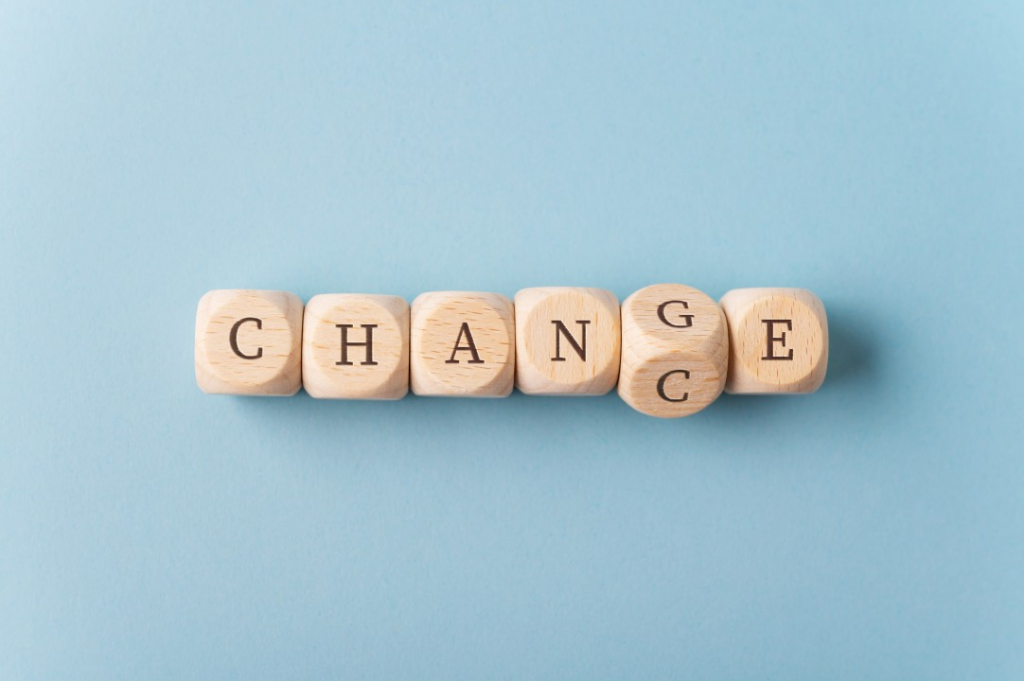
Psychedelics for Addiction: A Promising New Treatment?
In the vast landscape of mental health exploration, psychedelics have emerged as a fascinating and, perhaps, transformative avenue. These substances, including LSD, psilocybin, DMT, and mescaline, have long been associated with spiritual, religious, and therapeutic practices across diverse cultures. However, despite their historical significance, psychedelics have faced stigma, criminalization, and a prolonged exclusion from mainstream medicine. In recent years, a resurgence of interest and scientific research has ignited a conversation about the untapped potential of psychedelics for mental health and well-being.
The Renaissance of Psychedelic Research

The journey into the potential benefits of psychedelics begins with a resurgence of interest and research, overturning decades of skepticism. Recent studies have unveiled their positive effects on a spectrum of psychological conditions, from depression and anxiety to PTSD, addiction, and existential distress. What sets these effects apart is their lasting and transformative nature, often occurring after just a few doses, complemented by psychological support and guidance.
The Psychedelic Mechanism: Unraveling the Serotonin Connection

Delving into the intricacies of how psychedelics work on mental health, one prominent theory revolves around the serotonin system. Acting on a specific serotonin receptor, known as the 2A receptor, psychedelics modulate the activity and connectivity of crucial brain regions, especially the prefrontal cortex. This brain-altering process induces a temporary state of heightened brain plasticity, facilitating the formation of new neural pathways, the fortification of existing ones, and the weakening of maladaptive patterns associated with negative emotions and rigid beliefs.
In simpler terms, psychedelics may serve as a catalyst for the brain to rewire, relearn, and break free from cycles of suffering and stagnation.
The Mystical Experience: Catalyst for Positive Change

Another intriguing theory posits that psychedelics can induce mystical or peak experiences—profound states of consciousness characterized by unity, transcendence, love, and awe. These experiences, akin to a mental reset button, have lasting positive effects on mental health. They bring forth increased happiness, optimism, altruism, and spirituality, coupled with a decrease in anxiety, depression, and fear of death. These transformative shifts are often intertwined with changes in the sense of self, involving the dissolution of the ego, loss of boundaries, and identification with a larger, interconnected whole.
Navigating Risks and Challenges

While the potential benefits of psychedelics for mental health are compelling, it’s crucial to acknowledge the associated risks and challenges. Adverse reactions, including anxiety, paranoia, confusion, and even psychosis, can occur—especially when psychedelics are taken in inappropriate settings, doses, or states of mind. Interactions with other drugs, medications, and medical conditions must also be considered, not to mention the legal and social implications.
Approaching psychedelics with caution, respect, and care is paramount. Only under the supervision of trained professionals should these substances be used. Integration with other therapeutic forms, such as psychotherapy, mindfulness, and self-care, becomes essential to maximize benefits and minimize potential harms.
The Road Ahead: A Complex yet Promising Terrain
As we traverse the terrain of psychedelics and mental health, it’s evident that this field holds immense promise. However, it is equally complex and controversial, demanding further scientific evidence, ethical guidelines, and public education. Timothy Leary’s famous words resonate: “Psychedelic drugs cause panic and temporary insanity in people who have not taken them.” This highlights the need for an approach characterized by curiosity, openness, and responsibility.
In conclusion, psychedelics are not a panacea, but a means to a potentially better and happier life. The potential they hold for mental health and well-being is undeniable, but the journey requires careful consideration and responsible exploration. As science continues to unravel the mysteries of psychedelics, a nuanced understanding and integration into therapeutic practices may pave the way for a mental health renaissance.
Read this article published by NCBI.